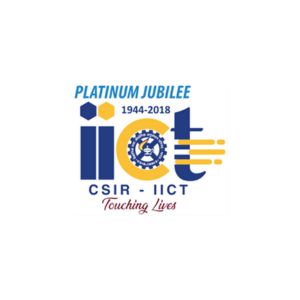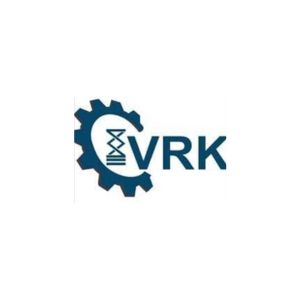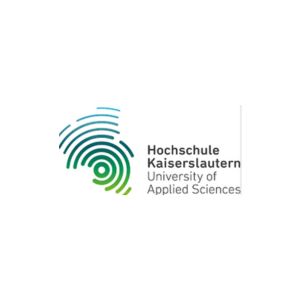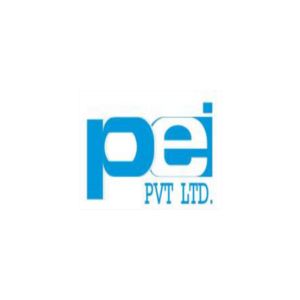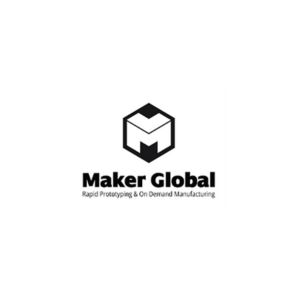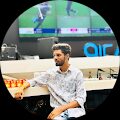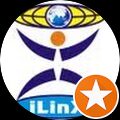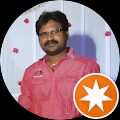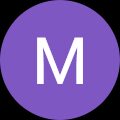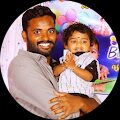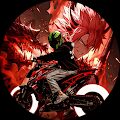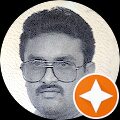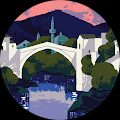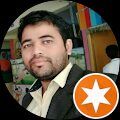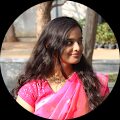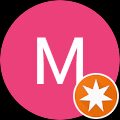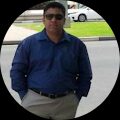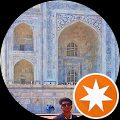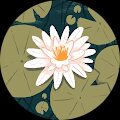Mechanical Engineering
About theDepartment
Mechanical Engineering involves the design, analysis, and manufacture of a wide variety of mechanical components and systems and has been on an integration phase with other disciplines for the past few decades offering many challenging career opportunities for the students. The Department of Mechanical Engineering at VJIT was established in 1999 and is accredited by NBA in 2010 and Re-accredited in the year 2018 for 3 years. The mechanical engineering curriculum is diverse because it is central to many modern industries and also because individual mechanical engineers may be employed in a wide range of engineering endeavors from initial research and development of a product to manufacturing and marketing. Between these diverse activities, mechanical engineers integrate engineering sciences, conceptual product design and manufacturing capabilities into a cost-effective, quality products. Going by the technological advances the Department has been actively engaged in transforming the teaching, learning methodology and creating a sound knowledge base in the minds of students. Innovative Teaching tools, Hands on Workshops, Community projects and Industry Internships are given priority in the department to groom the students industry ready.

Vision
To be recognized as a center of excellence in providing Mechanical Engineering education of international standards leading to well-qualified engineers who are innovative, immediate contributors to their profession, successful in advanced studies and employable globally.

Mission
- To educate, prepare and mentor students to excel as professionals and grow throughout their careers in the field of Mechanical Engineering. This can be accomplished by:
- Providing the facilities and environment conducive to a high-quality education, a strong foundation in the fundamental principles of Mechanical Engineering and preparing them for diverse careers.
- Engaging in academic activities, which strengthen the students’ regional, national and international reputation
Highlights of theDepartment
- Accredited by National Board of Accreditation
- Well qualified and eminent faculty from industry & academia
- Excellent infrastructure facilities including CAD/CAM Lab with CNC Machines
- Project Based Learning methodology
- Department library facility with access to e-journals
- MOU with different prominent industries
- Regular Industrial visits & Internships
ProgramsOffered
- B.Tech (Mech): Intake – 30
- M.Tech (CAD/CAM): Intake – 24
Head of theDepartment
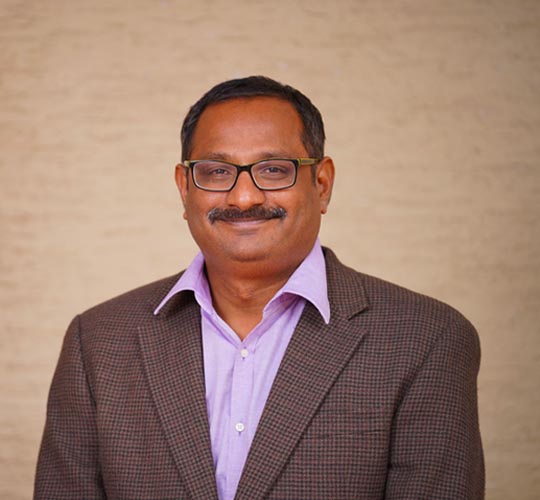
Dr. G Sreeram Reddy
B.Tech, M.Tech, Ph.D
- 23 Citations Affirmed
- 12 Papers Published
- 45 Workshops Attended
- 21 Consultancy Projects

